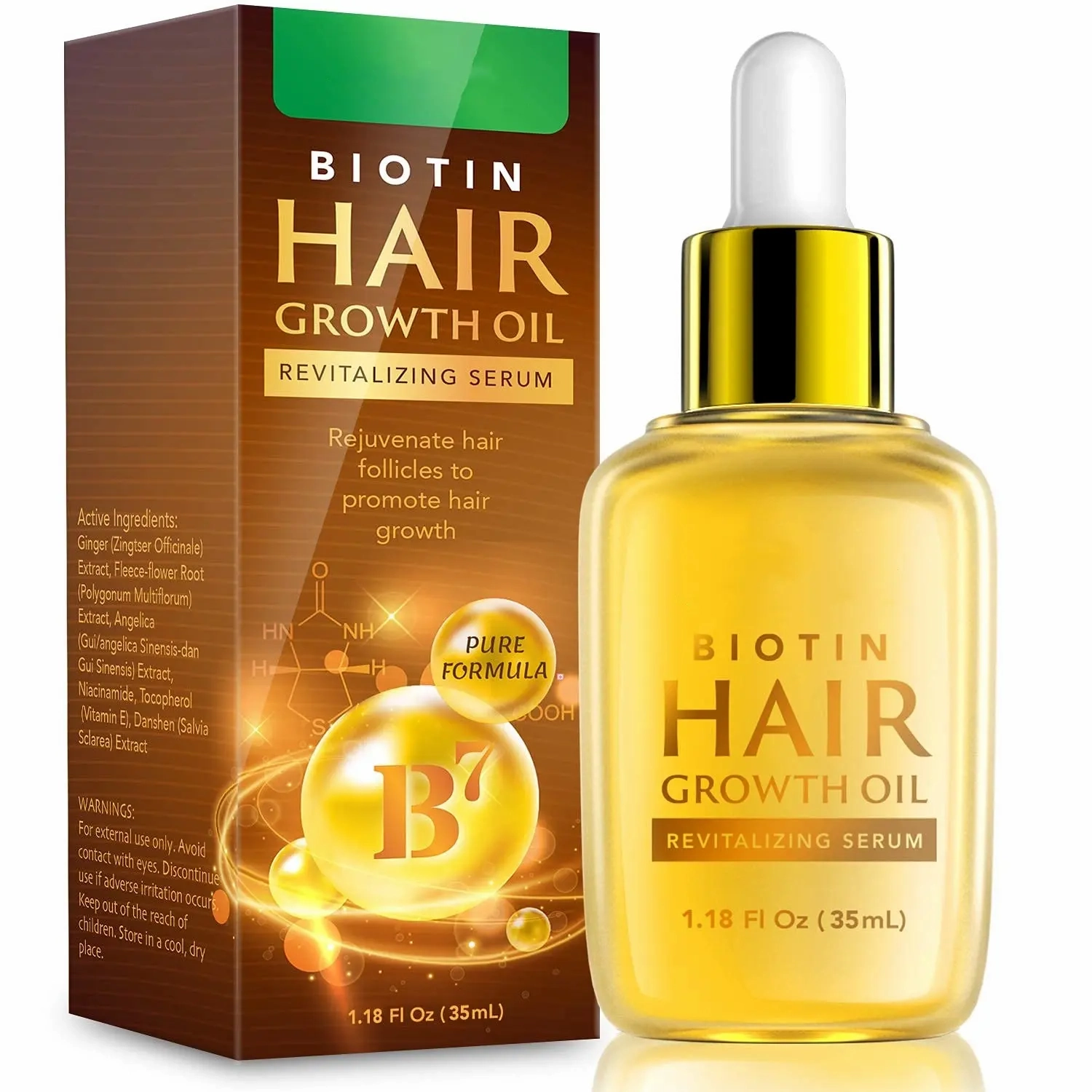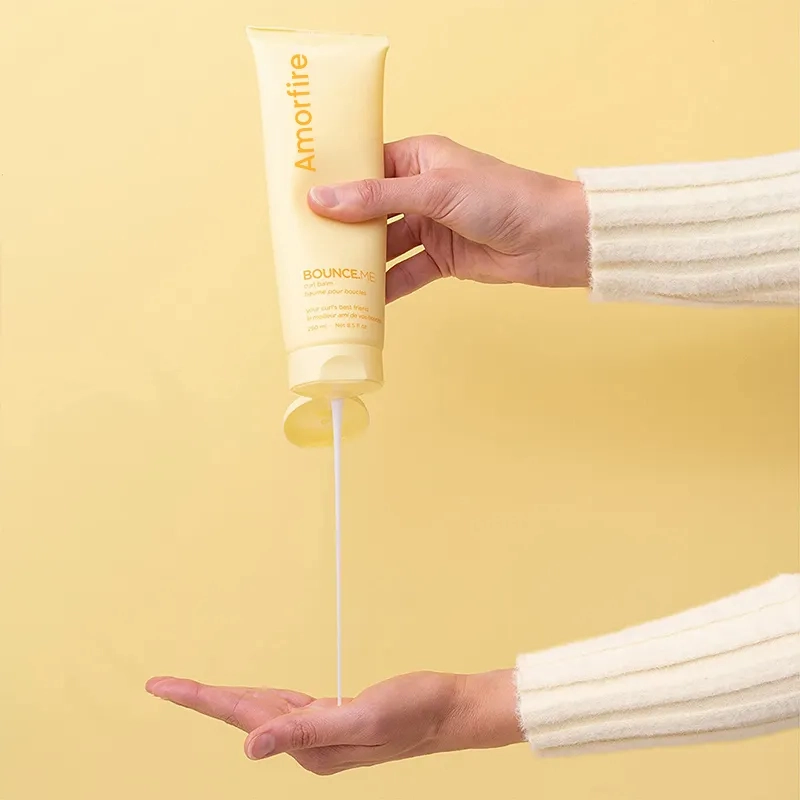Views: 220 Author: cosmeticsinhot Publish Time: 2025-11-07 Origin: Site








Content Menu
>> Natural Hair
>> Wigs
● Key Differences Between Wig Care and Hair Care
● Common Mistakes in Hair and Wig Care
When it comes to maintaining a beautiful appearance, hair plays a crucial role in how we express ourselves. For many, natural hair is a source of pride, while for others, wigs offer a versatile alternative. Understanding the differences between wig care and hair care is essential for anyone looking to maintain their look, whether they wear wigs regularly or simply want to know how to care for their natural hair. This article will explore the distinctions between wig care and hair care, providing insights into the best practices for each.

Natural hair varies significantly from person to person, influenced by genetics, environment, and personal care routines. It can be straight, wavy, curly, or coily, and each type requires specific care methods. Natural hair is composed of a protein called keratin and is affected by factors such as humidity, temperature, and chemical treatments.
Wigs can be made from either synthetic fibers or human hair. Each type has its own set of care requirements. Human hair wigs offer a more natural look and feel, while synthetic wigs are often more affordable and easier to maintain. Understanding the material of your wig is crucial for proper care.
Natural hair requires daily maintenance to keep it healthy and vibrant. This includes:
- Cleansing: Regular washing with a suitable shampoo helps remove dirt and product buildup. The frequency of washing depends on hair type; for instance, curly hair may require less frequent washing than straight hair.
- Conditioning: Using a conditioner after shampooing helps to hydrate and detangle hair. Deep conditioning treatments can be beneficial for restoring moisture.
- Styling: Heat styling tools can be used, but it's essential to apply a heat protectant to prevent damage. Natural hairstyles, such as braids or buns, can also help protect hair.
In addition to daily care, natural hair benefits from weekly and monthly treatments:
- Deep Conditioning: Once a week, a deep conditioning treatment can help restore moisture and repair damage.
- Scalp Care: Regular scalp massages can promote blood circulation and encourage hair growth. Using oils like coconut or jojoba can nourish the scalp.
- Trimming: Regular trims every 6-8 weeks can help eliminate split ends and promote healthy growth.
Wigs, whether synthetic or human hair, require a different approach to maintenance:
- Cleaning: Wigs should be washed every 6-8 wears, or more frequently if exposed to sweat or styling products. Use a wig-specific shampoo and conditioner to maintain the fibers.
- Detangling: Gently detangle wigs using a wide-tooth comb or a wig brush. Start from the ends and work your way up to avoid breakage.
- Styling: Synthetic wigs can be styled with low heat, while human hair wigs can be treated like natural hair. Always use products designed for wigs to avoid damage.
Wig care also includes specific treatments to maintain their appearance:
- Storage: When not in use, store wigs on a wig stand or in a breathable bag to maintain their shape and prevent tangling.
- Conditioning: Just like natural hair, wigs benefit from conditioning. Use a leave-in conditioner designed for wigs to keep the fibers soft and manageable.
- Repairs: If a wig becomes damaged, consider taking it to a professional for repairs. This can include fixing wefts or replacing missing hair strands.
One of the most significant differences between wig care and hair care is the material. Natural hair is alive and requires nourishment from the scalp, while wigs, especially synthetic ones, do not benefit from natural oils. This means that wig care focuses more on external products and maintenance techniques.
The products used for natural hair and wigs differ significantly. Natural hair care products are often rich in oils and nutrients, while wig care products are formulated to maintain the integrity of the fibers without causing damage. For instance, using a heavy oil on a synthetic wig can lead to a greasy appearance and attract dirt.
Styling techniques also vary. Natural hair can be styled in various ways, including braiding, curling, and straightening, often using heat. Wigs, on the other hand, may require specific styling tools and techniques to avoid damaging the fibers. For example, synthetic wigs should not be exposed to high heat, while human hair wigs can be styled similarly to natural hair.
1. Overwashing: Washing hair too frequently can strip it of natural oils, leading to dryness and breakage.
2. Neglecting the Scalp: Focusing solely on hair strands and neglecting the scalp can lead to issues like dandruff and poor hair growth.
3. Using the Wrong Products: Not all products are suitable for every hair type. Using the wrong shampoo or conditioner can lead to buildup and damage.
1. Improper Cleaning: Using regular shampoo and conditioner on wigs can damage the fibers. Always use products specifically designed for wigs.
2. Neglecting Storage: Storing wigs improperly can lead to tangling and loss of shape. Always store wigs on a stand or in a breathable bag.
3. Ignoring Repairs: Failing to address minor damages can lead to more significant issues. Regularly inspect wigs for signs of wear and address them promptly.
Understanding the differences between wig care and hair care is essential for anyone looking to maintain their appearance, whether they wear wigs regularly or simply want to know how to care for their natural hair. By following the appropriate care routines for each, individuals can ensure that their hair and wigs remain healthy, vibrant, and stylish.

1. How often should I wash my natural hair?
- It depends on your hair type. Generally, curly hair can be washed every 7-10 days, while straight hair may require washing every 3-5 days.
2. Can I use regular shampoo on my wig?
- No, it's best to use shampoo specifically designed for wigs to avoid damaging the fibers.
3. How can I prevent my wig from tangling?
- Store your wig properly on a stand and use a wig brush to detangle gently.
4. What products should I avoid on my natural hair?
- Avoid products with sulfates and alcohol, as they can dry out your hair.
5. How can I make my wig last longer?
- Regular cleaning, proper storage, and avoiding excessive heat styling can help extend the life of your wig.
Hot Tags: China, Global, OEM, private label, manufacturers, factory, suppliers, manufacturing company